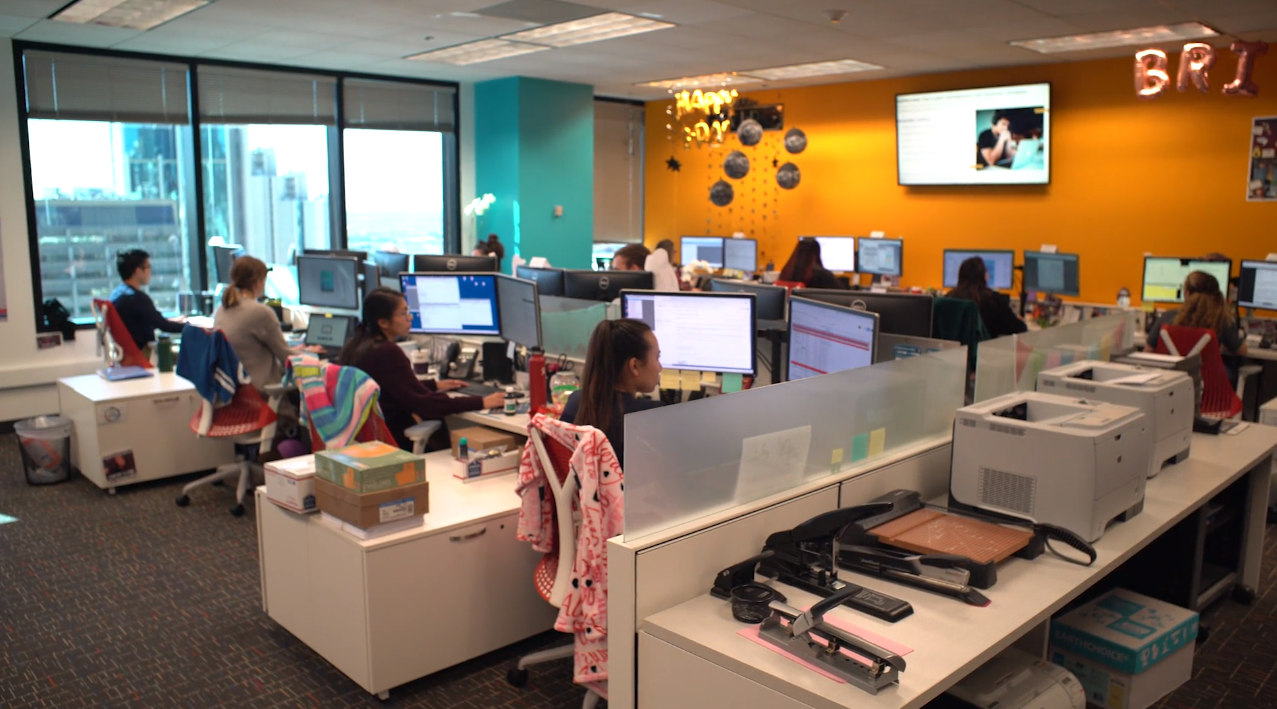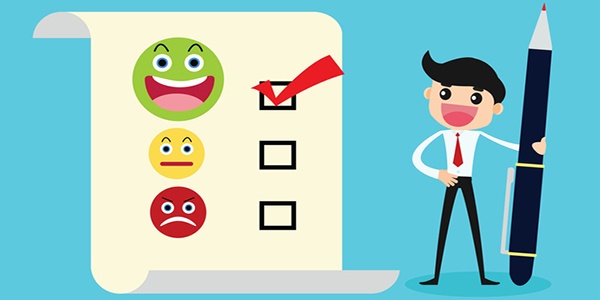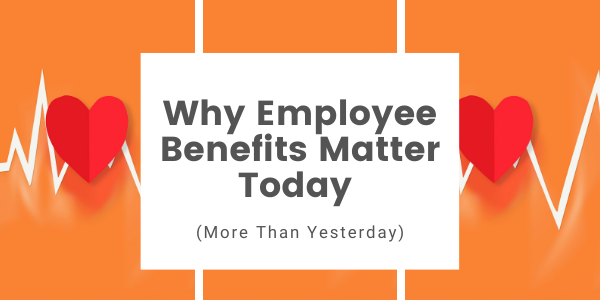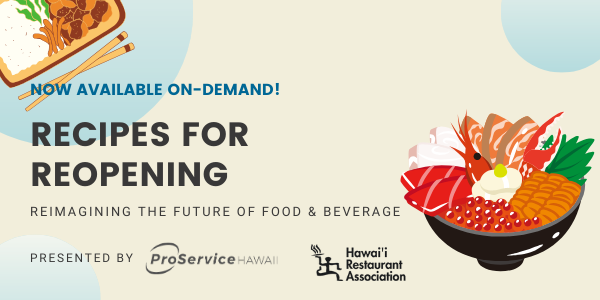What is a PEO?
It's common for employers to link up with an outside partner to support tasks like payroll, benefits administration, and employee paperwork to save time and money. Of those who do, many choose to work with a PEO. But what does a PEO do, and how do PEOs work? This article will break down the jargon and explain the answer to “what is a PEO” as well as everything else you need to know.
What does PEO stand for?
A PEO is a professional employer organization.
But what is a professional employer organization? Simply put, it represents a framework where businesses can outsource their employment responsibilities.
It is a one-stop shop for many PEO human resource (HR) solutions businesses need to operate, such as payroll, healthcare, workers' comp, and more. PEOs can provide an affordable HR solution to businesses by bundling their services through a unique relationship they form with you called “co-employment.”
What is co-employment?
Once you understand the PEO meaning, it becomes necessary to cover the concept of co-employment. Essentially, it's a fancy term for the legal arrangement that lets employers share responsibilities (and risks) with an outside partner. It's how PEOs work. With co-employment, your employees have two employers:
- Your business or organization, and
- The Professional Employer Organization
When you use the PEO business model, you outsource an administrative partner to handle all the nitty-gritty details, like processing your payroll, administering your employee benefits, etc. However, when it comes to your employees, you still recruit and hire the team you want, job train, schedule their hours, and review and manage employee performance. While the PEO is responsible for administrative HR tasks and shares some risks of being an employer, you retain responsibility and 100% control over what employees do daily.
How can a PEO help my business?
A co-employment relationship allows a PEO to legally take on specific employer responsibilities that other partnership models cannot. That means a PEO can provide a broader range of services than a typical consultant or vendor, including:
- Payroll: A PEO will take care of processing payments to both salaried and hourly employees and handle things like direct deposits and one-time payments. And, as a co-employer, your PEO is legally able to file things like federal and state payroll taxes for you.
- Benefits: A PEO can provide your employees with group health insurance plans usually reserved for larger companies. PEOs also handle enrollment and benefits administration. PEOs can also offer other insurances like Workers' Compensation and Temporary Disability Insurance (TDI).
- HR Compliance: It takes a lot of time to classify employees, maintain payroll records, file taxes (FICA, FUTA, and SUTA), and ensure wage and hour practices comply with local, state, and federal laws—and there can be heavy fines if you make a mistake. A PEO will complete these tasks correctly on your behalf. At the same time, a PEO can fill any talent gaps your organization might have by offering a deep bench of experts you can call when you have a question.
- Managing the Employee Lifecycle: From hiring and onboarding new hires to wrapping things up when an employee leaves the company, a PEO can help you manage each stage of an employee's time with you. The right partner can keep things flowing smoothly throughout the entire lifecycle.
How is a PEO different from a payroll provider?
Despite operating in similar areas, PEOs are very different from payroll providers. Payroll providers are responsible for just that….payroll! PEOs, on the other hand, touch almost every HR function within organizations, offering a comprehensive ranges of services that extend far beyond payroll management. PEOs can offer your team group health insurance (and administer the benefits to employees), provide workers' compensation insurance, and offer HR services to support the onboarding and offboarding of employees while complying with local and federal laws.
What are the benefits of partnering with a PEO?
With a PEO, employers can attract and retain top talent by offering corporate-level benefits for an affordable price, including high-quality medical, dental, and vision coverage, flexible spending account (FSA) plans, 401(k) plans, and life insurance. This level of HR outsourcing is especially beneficial for small businesses seeking growth, as it allows them to provide a caliber of employment benefits typically reserved for larger operations. As a result, the recruiting process can see a boost in performance.
They can also take the pain out of payday and give employees confidence that payroll is being handled right. Finally, employers who work with a PEO don't have to consider keeping up with government regulations or worry about HR compliance. They have peace of mind knowing that all these responsibilities are being handled.
Partnering can have a direct effect on your bottom line, too. By joining forces with a PEO, employers can free up time and resources to focus on their core mission and invest in their teams. Small businesses that use PEOs are 50% more likely to stay in business after their first year and report 14% lower employee turnover than small businesses.
What Should You Look For In A Hawaii PEO?
Now that you know the answer to “what is a PEO?” let's review what you need in a PEO.
- Location: Employer laws vary from state to state, so it's crucial to find a PEO familiar with local regulations and experienced in complying with them.
- Expertise: Look for a PEO with specialized, in-house expertise that can serve as a knowledge base for tough-to-answer HR questions.
- Size: How many worksite employees does the PEO serve? The more people it manages, the greater its buying power for things like health insurance and other employee benefits.
- Quality Assurance: Look for a PEO accredited by ESAC or the Employer Services Assurance Corporation. ESAC is an independent, non-profit organization that's the official accreditation and financial assurance organization for the PEO industry.
- Workers' compensation – A PEO can make it easier to manage workers' compensation in Hawaii, which state law requires.
Whether it's the ease of handling all your employer responsibilities in a one-stop shop or the attraction of better employee benefits at a lower price, PEOs can offer many advantages to employers of all sizes. Is partnering with a PEO the right choice for your business or organization? Ask yourself these three questions.
Work with ProService Hawaii
Take a smarter approach to HR and get in touch with the ProService team now. Spend less time on HR and more time serving customers with the PEO provider that manages everything from payroll, healthcare, and 401(k) plans to workers' compensation claims. Gain access to a wide range of HR services and the team in your corner that will help you find time and cost savings while fulfilling your obligations.









